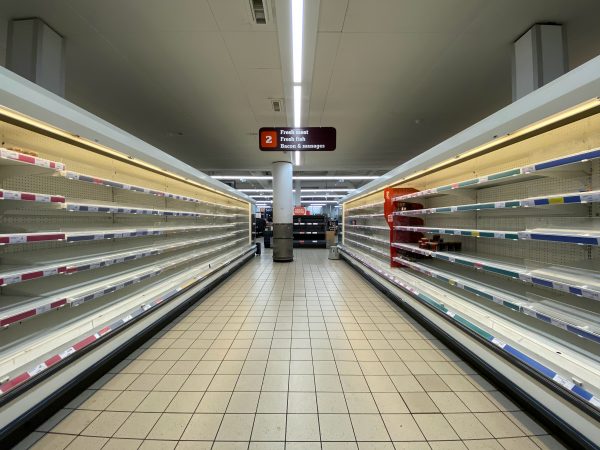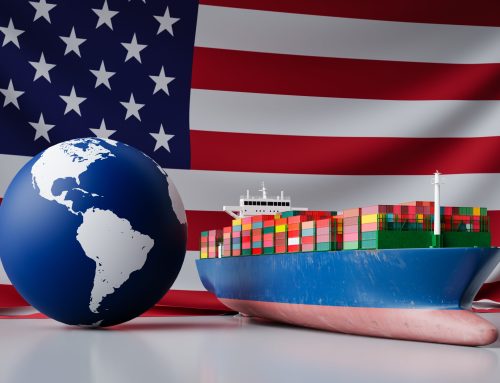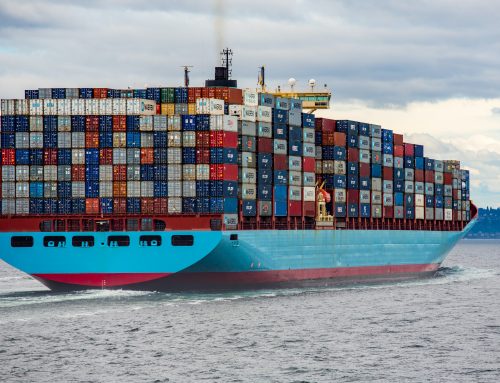As we are now a few months out from the initial COVID-19 outbreak, it’s clear that importers are reckoning with shifts in the market. All things considered, it’s an opportune time to look into an overview of the identifiable impacts of the pandemic on the industry so far, perhaps as a way to prepare for the unexpected.
Other recommended reading on the topic:
American Imports and Navigating COVID-19: Q&A With Founder & President Adam Lewis
Guide to HS Classification Codes for Medical Supplies
Surprising Goods Spiking in Import Volume During the Pandemic
There is still no way to know exactly what the future holds — for the importing industry — and world trade at large. In the name of staying informed, it’s important to look at what has happened in the US, on the whole, so far.
Here are some quick demonstrative stats:
- The economy has taken its deepest dip since the peak of the Great Recession — with the GDP contracting almost 5%. (source)
- The number of people filing for unemployment is at a record high, with 30 million people applying in the last 6 weeks. (source)
- The price of a barrel of oil (West Texas Intermediate (WTI)) went negative for the first time ever. (source)
- Top automakers in the world are delaying US production (Volkswagen and Toyota). (source)
It’s certain that the disruptions in the global supply chain is a clear demonstrator of the impacts of COVID-19, starting with China’s forced shutdowns of factories as a preventative measure, and beyond.
In the US, companies must manage their supply chain processes closely in order to be prepared. Many importers/companies have historically operated with tight lead times, looking more like weeks and not the recommended couple of months, which must change in order to adapt to the “new normal”. In turn, we might see more US companies unable to finish their own production and unable to bring products to customers in a timely fashion.

Moving into more indicators in the importing space of how the pandemic has shifted the realities, let’s take a look at some import specific factoids:
- North American consumers are definitely purchasing less, as the virus is top-of-mind — a more direct example of this would be the travel and restaurant industry, but these are not the only impacted sectors — importers selling non-essentials will see a dip as well.
- Some US importers will certainly experience a decline in demand (slashing revenues), not only as consumers fear going out and being exposed, but as they prepare for a weaker economy, so pivoting quickly and future-proofing the business will be crucial.
- Employees and contract workers will receive less money than expected — or be laid off altogether. This will further contribute to a dive in consumer demand.
- On the other end, ocean carriers are actually benefiting from the decreased cost of oil right now. However, importers are put in a bad position as no carrier has canceled its fuel surcharge.
- A policy change that barred 3rd party sellers from shipping out non-essential items was put into place by Amazon.

- The amount of shipments seems to have decreased week-over-week until the policy was reversed a few weeks ago. But FBAs did reactively change their offerings to essential goods, which is a great example of pivoting quickly.
In these strange times, it is unclear what the full scope of the impact of the pandemic might look like. But what is clear is that importers must keep themselves apprised of economic trends, work with brokers to navigate regulatory shifts, and (in most cases) prepare for decreased revenues.
Now is an opportune time to link up with a customs broker to ensure the business is moving forward with caution and taking advantage of any possible duty/tax breaks that may be provided at the regulatory level. To start a no-commitment conversation with customs broker, you can click here.





